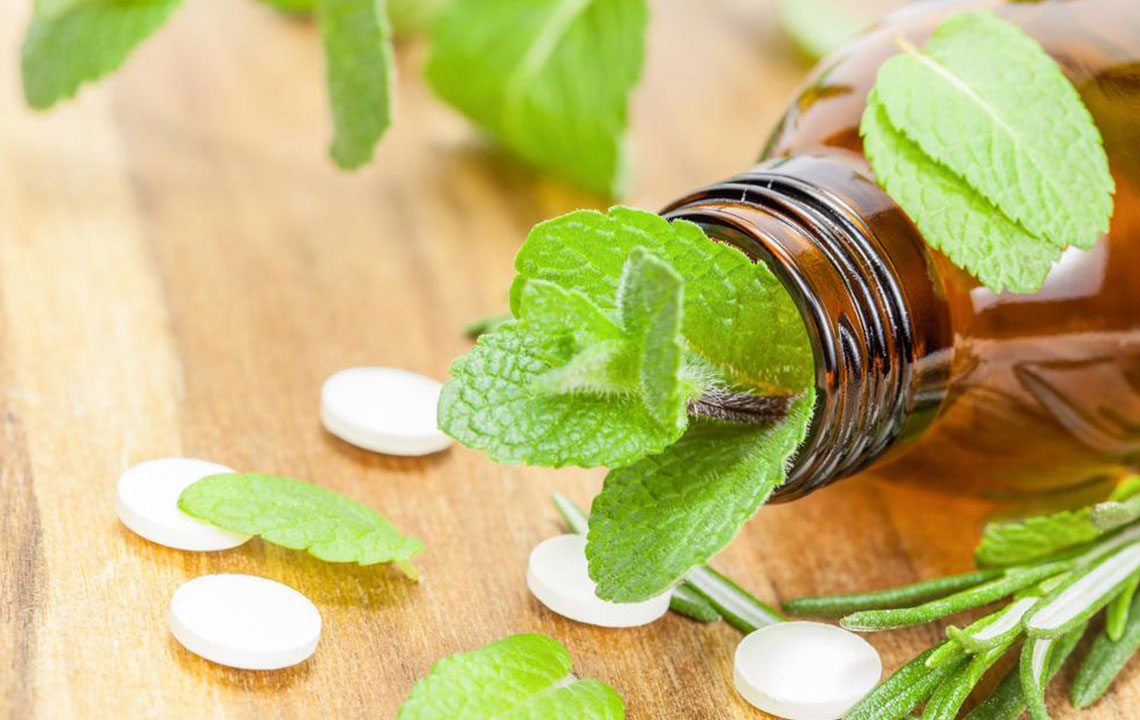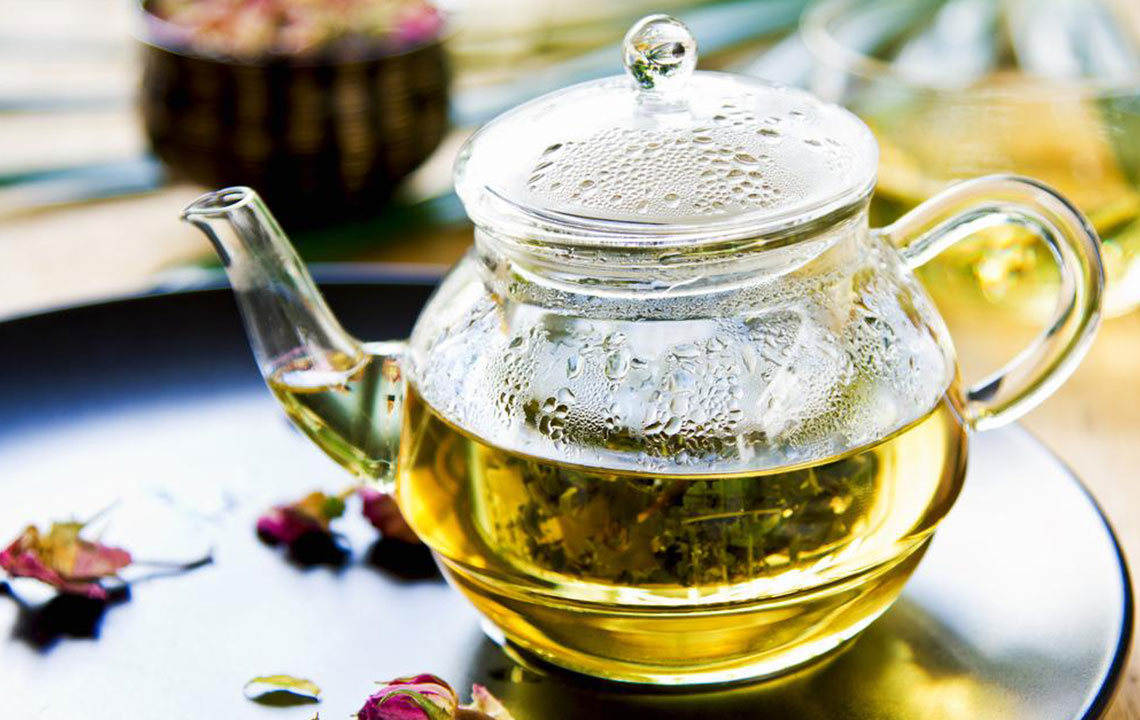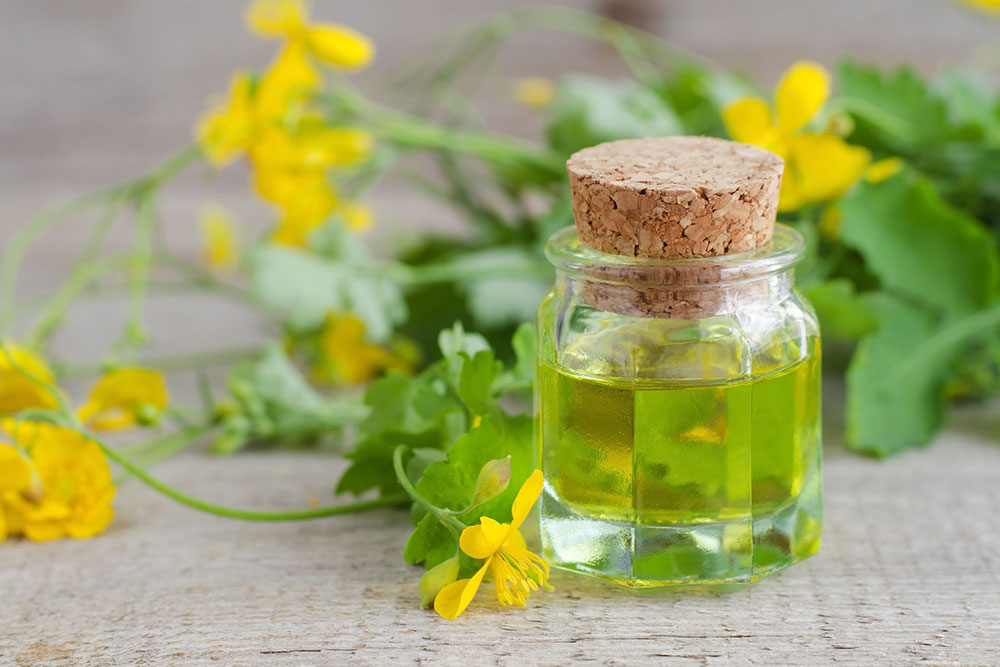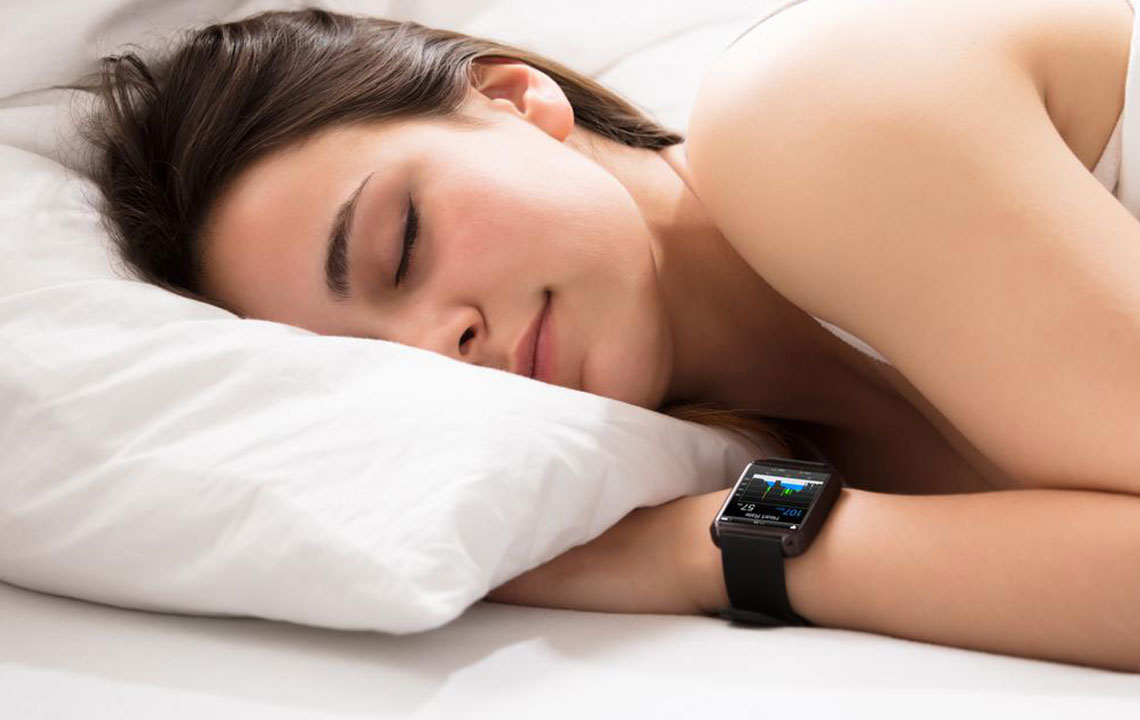6 Effective Herbal Remedies for Anxiety and Insomnia
People are so engrossed in surviving in this stressful world that they forget how to live; everything is centered around survival these days. In a bid to acquire all the luxuries-turned-necessities, they have accepted physical and mental exhaustion as a part of their lives. The main repercussions of leading such a stressful life manifest itself in the form of anxiety or insomnia, which is familiar to modern-day individuals.
The major parts of life that trigger anxiety and insomnia are money, work, family, health, and love.

The modern-day individual faces a “devil and the deep blue sea” situation with anxiety and insomnia perched at different ends. If someone isn’t keen on popping different pills, they can try various herbal remedies for anxiety and insomnia that are known to yield desirable results.
Chamomile
Chamomile is one of the most effective herbal remedies for anxiety and insomnia. Even if a person is feeling jittery, a cup of chamomile tea can set things right again. Chamomile is known to contain some compounds that bind to the brain receptors like the medication Valium does, and has a similar calming effect. Chamomile supplements also work wonders for patients diagnosed with generalized anxiety disorder (GAD); such patients have displayed a notable decrease in anxiety symptoms as compared to those taking a placebo. Since chamomile can calm irate nerves, it will help a person deal with insomnia as well.
Valerian root
Another effective herbal remedy for anxiety and insomnia is the valerian root. Studies indicate that valerian root aids with the onset of sleep and sleep maintenance as well. Since valerian root contains some sedative compounds, it is quite commonly used to treat insomnia. However, the smell of the valerian root can cause a person to reconsider using it as a treatment for insomnia. So, consuming it in the form of a capsule or tea is recommended. Valerian root is used to treat anxiety as well, but, it belongs to the category of herbal remedies that can control anxiety but will make a person sleepy in the process.
Hops
Hops are one of the primary ingredients of beer, but it wouldn’t subject an individual to the tranquilizing effect of the bitter herb hops from an actual brew. Hops contain a sedative compound known as volatile oil, and one can get it in extracts or tinctures. Since hops are very bitter, it cannot be used in tea unless combined with mint or chamomile. It is one of the most potent sedatives that can promote sleep, and is often used with another powerful herb: the valerian root. However, one should refrain from consuming this herbal remedy for anxiety and insomnia if they are already taking a prescription sedative or tranquilizer.
L-theanine (green tea)
L-theanine is one of the major components of green tea, and has astonishing effects on consumption; it can make the individual alert and relaxed at the same time. L-theanine is the perfect herbal remedy for treating anxiety and insomnia as it curbs rising heart rates and blood pressure and can make the individual calmer and more focused in no time. Since it calms people’s nerves and helps them cope with anxiety, it can even help people sleep better, thereby, treating their insomnia in this process.
Passionflower
Contrary to what the name indicates, this herb wouldn’t help anyone concoct a love potion. In fact, this herb is a powerful sedative that can treat nervous restlessness. This herb is known to help soothe the symptoms of anxiety and is also used to treat insomnia. Though it relieves people, it also causes drowsiness and sleepiness. So, it is imperative that one does not consume this herbal remedy for anxiety and insomnia in combination with other herbal remedies like hops or valerian root. Moreover, it is essential to consult with one’s doctor before using passionflower as a long-term treatment option for anxiety and insomnia.
Withania somnifera
Withania somnifer, more commonly known as ashwagandha, is a potent herb that is native to India. It has been used since ancient times to treat numerous health conditions. It strengthens the immune system and is known to relieve chronic stress by actively reducing cortisol levels. The highlight of using this herbal remedy for anxiety and insomnia is that it doesn’t reduce one’s energy levels by making them drowsy. Studies indicate that using this herb helps people feel more relaxed, reduces anxiety, lessens depression, and helps combat insomnia as well.




